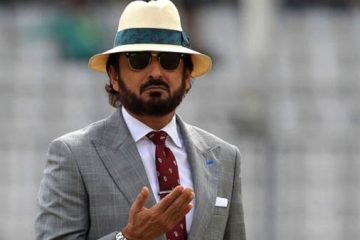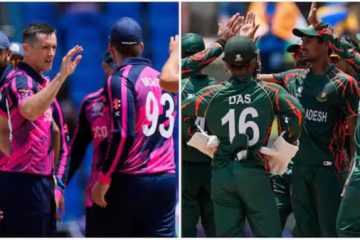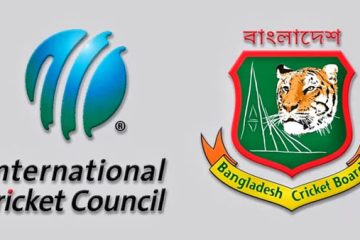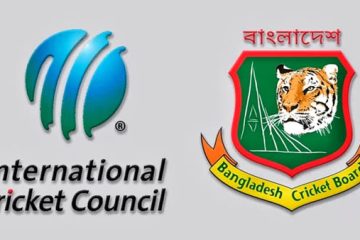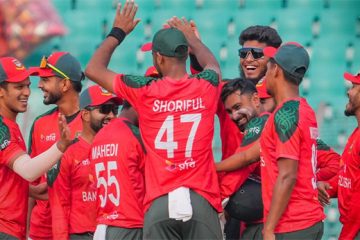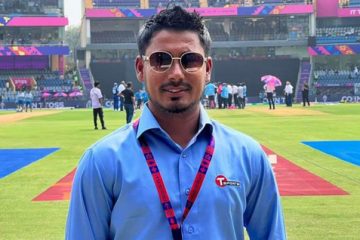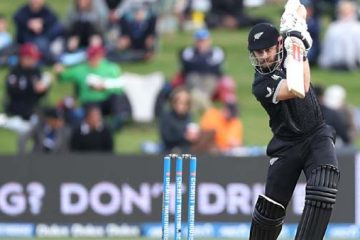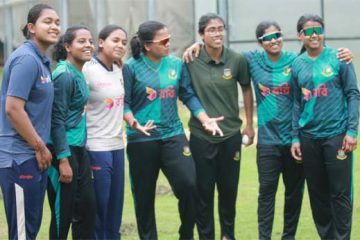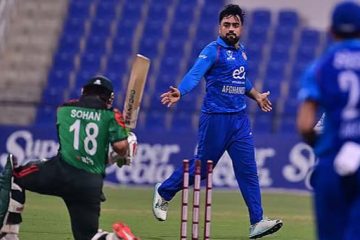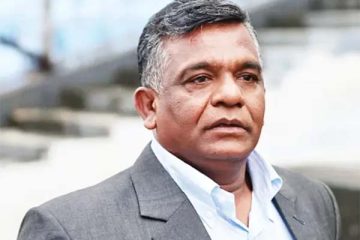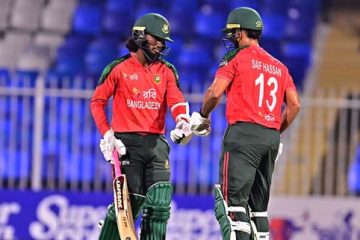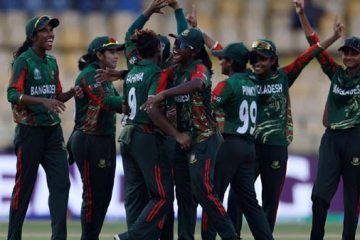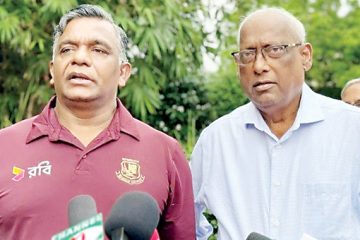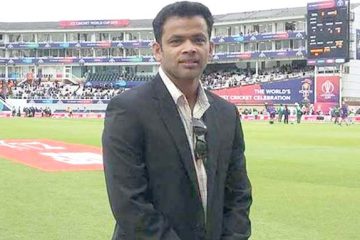Wills World Cup 1996, India-Pakistan-Srilanka
ICC Cricket World Cup History
Warne pulls one out of the hat
The baton of cricket’s sole superpower passed from West Indies to Australia when Australia beat the West Indies at home in ’94-’95. A clutch of greats and would-be greats had arrived for Australia, while West Indies lost a few household names. No longer were there Malcolm Marshall, Joel garner or Michael Holding to steamroll opposition with their fury. There were still great players like Curtly Ambrose and Courtney Walsh with the ball, and of course, Brian Lara with the bat. So when these two gladiators squared off in Chandigarh on March 14 for the semifinals of the 1996 World Cup, a great match was in the offing.
It was all West Indies in the early going. Choosing to bat after winning the toss on a grassy pitch, Australia’s main task would have been to see off the threat of their pace bowling trio of Ambrose, Walsh and Ian Bishop. They failed in spectacular fashion, as Ambrose and Bishop exacted four wickets by the time Australia reached 15. Bishop bowled Mark Taylor and Steve Waugh for one and three respectively, while Ambrose trapped Mark Waugh and Ponting leg-before for ducks.
That brought to the crease Stuart Law and the limited overs specialist Michael Bevan. They slowly went about the task of rebuilding the innings. They picked up the pace as the bowlers got tired, and at the end of their stand of 138 off 32 overs, Michael Holding in the commentary box reflected on how in his day West Indies would not have allowed the Aussies to recover, hinting at the decline of West Indian cricket, which would manifest itself fully by the end of the match.
Stuart Law scored 72 and Michael Bevan 69. Ian Healy chipped in with a vital 28-ball 31 that took the Australian total to 207 at the end of fifty overs. At the halfway stage, it was the consensus that West Indies would not have much trouble in chasing the target.
For much of their innings, that seemed to be true. Lara came in at the fall of the first wicket and played flawless cricket in building a 68 run partnership with opener Shivnarine Chanderpaul, who had dropped anchor. Lara’s run-a-ball knock of 45 was ended when Steve Waugh bowled him with a cleverly disguised slower googly. Skipper Richie Richardson had joined Chanderpaul, and the two progressed serenely in a partnership of 72. When a cramping Chanderpaul was dismissed for 80 by Glenn McGrath, West Indies had reached 165 for three, needing 43 runs from the last nine overs. That is when all hell broke loose.
In a strange move, lower order hitters Otis Gibson and Roger Harper were promoted ahead of specialist batsmen Jimmy Adams and Keith Arthurton. Harper fell for 2 and Gibson for 1, putting undue pressure on the specialists Adams and Arthurton, who duly crumpled. When Arthurton left West Indies were 187 for seven with Richardson still in. As wickets kept tumbling around him — Warne was the chief engineer in a mesmerising spell of three wickets for 6 runs from three overs — Richardson played well to reach 45 at the start of the fiftieth over, with West Indies needing ten to win with two wickets in hand.
Damien Fleming’s first ball was hit for four by Richardson, whose fatal mistake was to attempt a single off the next ball. The non-striker Ambrose could not get home in time to beat the throw, and West Indies were left needing six runs to win off four balls with their only hope standing at the non-striker’s end on 49. Walsh, the tailender of tailenders, walked in with purpose, and was bowled first ball to the rapturous delight of the Australians. West Indies had lost their last eight wickets for 37 runs off fifty balls, with none of their last seven batsmen making more than three. West Indies have not played a World Cup semifinal since.

